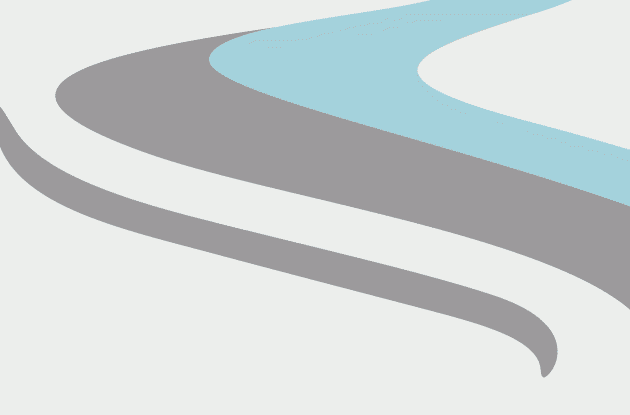Sleep Your Way to Better Performance
Here's an experiment in thought: what do you think happens when you look at the reported sleep patterns of a high-powered CEO versus that of an elite athlete? An intriguing dichotomy emerges. The businessman makes a point of bragging about how little sleep he needs to run a large multi-national corporation (he has "more hours" in a day to get more done) while the athlete would point out how much sleep he gets everyday, and talk about his nap after lunch, too (he needs more time for his body to recover from workouts). The only common denominator? Neither complains of fatigue.
For the rest of us - the perpetually exhausted masses trying to balance the stresses of family and work with a recreational fitness or training program - neither the CEO's or the elite athlete's approach to sleep is optimal. What may work best, and we stress the word may, is a hybrid of the two that involves a slightly shorter night of sleep of about 6.5 to 7 hours combined with a 20- to 30-minute nap in the mid-afternoon.
What happens when you sleep?
As soon as you close your eyes, start to empty your mind, and breathe rhythmically, your body's recovery systems go to work to clean up the physiological damage that comes out of the stress of your day - including your workouts. They're busy repairing muscles cells, shoring up bones, and building up your immune system to make you stronger and healthier.
But check this out: the bulk of this bodily recharging actually happens within the first two hours of sleep. This is why some scientists believe that it's best to break your sleep into long naps scattered throughout the day in much the same way that nutritionists promote the idea of eating small snacks all day long instead of a few big meals. This tactic has been successfully employed by everyone from ultra-endurance athletes to long-distance sailors. These people have literally trained themselves to operate on as little as 5 hours of sleep picked up in 1 or 2 hour increments every few hours.
Unfortunately, the world doesn't work on this time schedule. Since we were children, our parents and schools have taught us to equate daylight with activity and darkness with sleep. And speaking frankly, a solid chunk of sleep at night is a lot more appealing than trying to figure out how to find 90 minutes to crash between lunch and a 3 o'clock meeting. That's why we put together the strategy below. It maximizes the restorative benefits of the sleep you get now so that you can wake up feeling refreshed and ready to perform your best.
Tips to better sleep
Don't try to go to sleep between 6 P.M. and 8 P.M. You're fighting a natural biorhythm designed to keep you awake during this time. In the pre-historic era, these hours were when humans had to be on the lookout for predators hunting for dinner.
Try to be asleep between the hours of 10 P.M to 2 A.M., another natural biorhythm period where our bodies are flooded with hormones that jumpstart the recovery process.
Rather than "catch up" on your sleep by adding an hour or two to your nighttime shut-eye or taking the opposite position and trying to get by on less than 7 hours of sleep, aim to take a 30 minute siesta somewhere between 1 and 3 P.M. Taking a nap during this time will more effectively recharge your batteries than trying to nap during any other part of the day or adding an hour to your bedtime.
Feeling sluggish and sleep-deprived in the middle of the day? Try a 20-minute snooze instead of trying to wake up with a heart-pumping workout. The energy burst from the workout will fade quickly and leave you even more exhausted.
Part of a good night's sleep is waking up the right way. Don't rely on a loud alarm clock blasting in your ears for 5 minutes. Instead turn on all the lights you can immediately after your alarm snaps you out of dreamland. Your body's rhythm responds to light, not sound, when it needs to wake up.
Don't oversleep. Going longer than 8 hours in the sack can actually start stressing your body. By that time, you're dehydrated, running on no fuel, and usually have to go to the bathroom. All these things stress the body. Waking up after sleeping 10 to 12 hours will actually feel worse than if you'd gotten up after 7 or 8 hours in bed.
Keep a water bottle bed side. If you get up mid way through the night to go to the bathroom, take a few swigs before going back to sleep. Come morning you'll wake up less dehydrated and feeling fresher.








